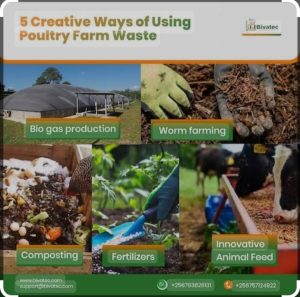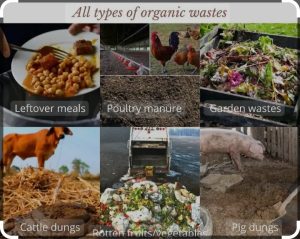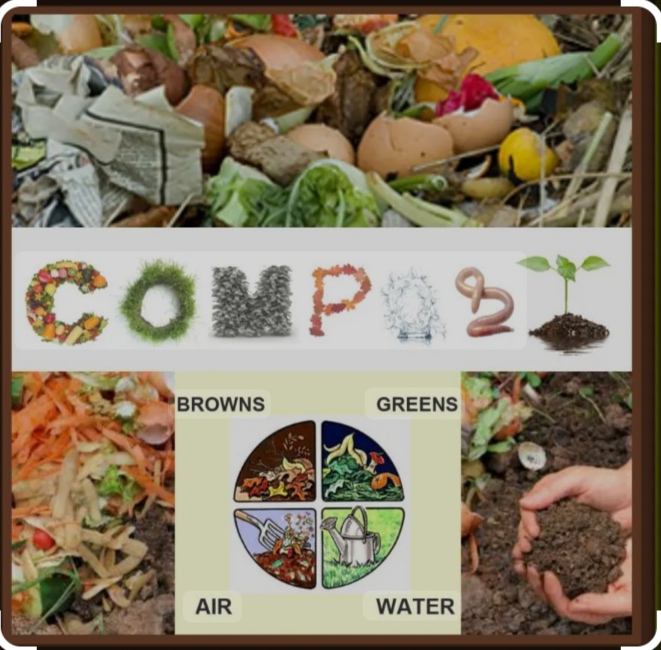Livestock and poultry farming generates large amounts of waste, including manure, bedding, feed residues, and carcasses. Without proper waste management, farms can face environmental pollution, disease outbreaks, and reduced productivity. Implementing effective waste management strategies enhances farm hygiene, sustainability, and profitability.
Click HERE to join our WhatsApp group
Types of Waste in Livestock and Poultry Farms
🟢 Solid Waste: Manure, feed leftovers, dead animals, and bedding materials.
🟢 Liquid Waste: Urine, wastewater from cleaning operations.
🟢 Gaseous Emissions: Ammonia, methane, and hydrogen sulfide from manure.
Impact of Poor Waste Management
🚨 Environmental Pollution – Uncontrolled waste leads to soil and water contamination.
🚨 Disease Outbreaks – Manure buildup attracts flies, rodents, and pathogens.
🚨 Odor and Air Quality Issues – Ammonia and hydrogen sulfide cause respiratory problems.
🚨 Regulatory Violations – Poor waste handling can lead to legal penalties.

Effective Waste Management Strategies
1. Manure Collection and Storage
✔ Regular cleaning of animal houses to prevent waste accumulation.
✔ Use of proper storage facilities like covered pits and lagoons to reduce odor.
✔ Separation of solid and liquid waste for easy processing.
2. Waste Treatment and Recycling
♻ Composting – Converts manure into organic fertilizer for crops.
♻ Anaerobic Digestion – Produces biogas and biofertilizer from manure.
♻ Vermicomposting – Uses earthworms to decompose manure into nutrient-rich soil amendments.

3. Proper Disposal of Dead Animals
✔ Rendering – Converts carcasses into useful byproducts like animal feed supplements.
✔ Composting – Decomposes dead animals into organic matter.
✔ Incineration – Burns carcasses to prevent disease spread.
4. Biogas Production from Animal Waste
🔹 Manure is processed in anaerobic digesters to produce methane gas.
🔹 Biogas is used for cooking, heating, and electricity generation.
🔹 The leftover slurry is used as organic fertilizer.
Conclusion
Effective waste management improves farm hygiene, reduces disease risks, and enhances sustainability. Farmers should adopt eco-friendly waste disposal techniques to maximize productivity while protecting the environment.
READ ALSO: Salt Poisoning In Pig (must read for every pig farmers)
There are two causes of salt poisoning in pig, these are
Water Deprivation
Salt poisoning by water deprivation is the most common poisoning to be seen in swine.
This occurs in housed pigs whose source of water runs dry without the farmer noticing, the low water intake by pigs makes the normal salt in the diet toxic…
READ ALSO: TRANSIT RELATED MORTALITY IN CHICKS
Many of the challenges bedevilling the Nigeria poultry industry e.g. poor quality of chicks by some hatcheries, substandard drugs, break in vaccine cold chain, high level of toxins in feed materials and finished feeds, poor regulation etc., logistics is another major challenge faced by the industry. Movement of birds from….
Click HERE to join our WhatsApp group

